Since 1976, the Constitution of the Portuguese Republic has been a cornerstone, safeguarding individual rights, promoting political engagement, and advocating for environmental protection and fair labor practices. It shapes our society, fostering inclusivity and fairness for all citizens.
The Constitution was established to:
- Ensure the fundamental rights of citizens.
- Establish the basic principles of democracy.
- Ensure the primacy of the democratic rule of law.
- Build a country that is more free, just, and fraternal.
The current Constitution dates back to 1976.
Rights, Freedoms and Guarantees
- Right to Freedom and Security
Every individual has the fundamental right to personal freedom and security of their person. - Right to Physical and Moral Integrity
The protection of the physical and moral integrity of all individuals against any form of violence, torture, inhuman or degrading treatment. - Right to Private Property
The right to private property is protected by law and constitutes a fundamental basis for the security and autonomy of individuals in society. - Right to Political Participation
All citizens have the right to freely participate in the political life of the country, whether through voting, involvement in political parties, or other civic organizations.
Economic, Social and Cultural Rights
- Right to Work
All citizens have the right to fair and dignified work opportunities, as well as protection against unemployment. - Right to Housing
The right to housing ensures that all individuals have the right to adequate housing and decent living conditions. - Right to Social Security
This right guarantees all citizens’ protection against situations of economic need, illness, unemployment, among others. - Right to Environment and Quality of Life
Everyone has the right to a humane, ecologically balanced, and healthy living environment, as well as the enjoyment of the quality of life that arises from the preservation of nature.
